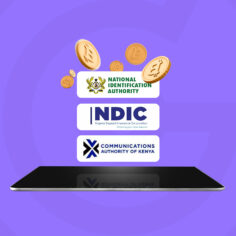
Thank you for joining us on this week’s edition of Compliance Updates. Our aim is to keep you informed about the latest compliance developments across Africa. Our team of professionals has conducted extensive research and carefully curated the most significant news for you.
NGX Strengthens Regulatory Framework with New Compliance Officer Requirements.
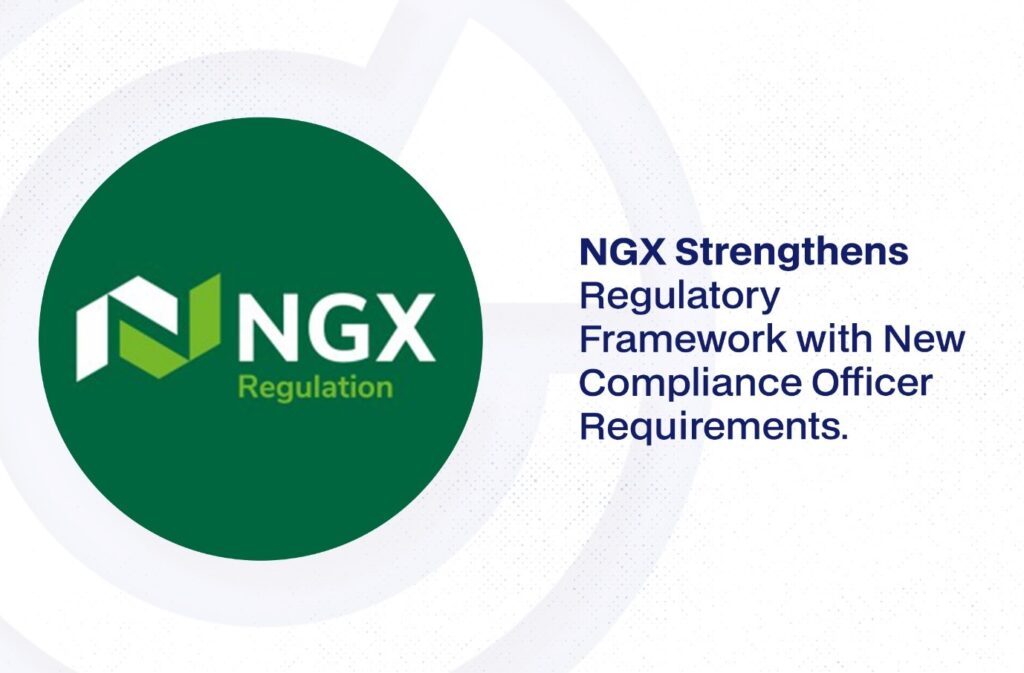
The Nigerian Exchange has amended its Trading License Holders’ Rules, specifically Rule 10.3 (a) regarding the appointment of Chief Compliance Officers.
Read Regulation here
Kenya’s Financial System Under Heightened Scrutiny Amidst Money Laundering Concerns.
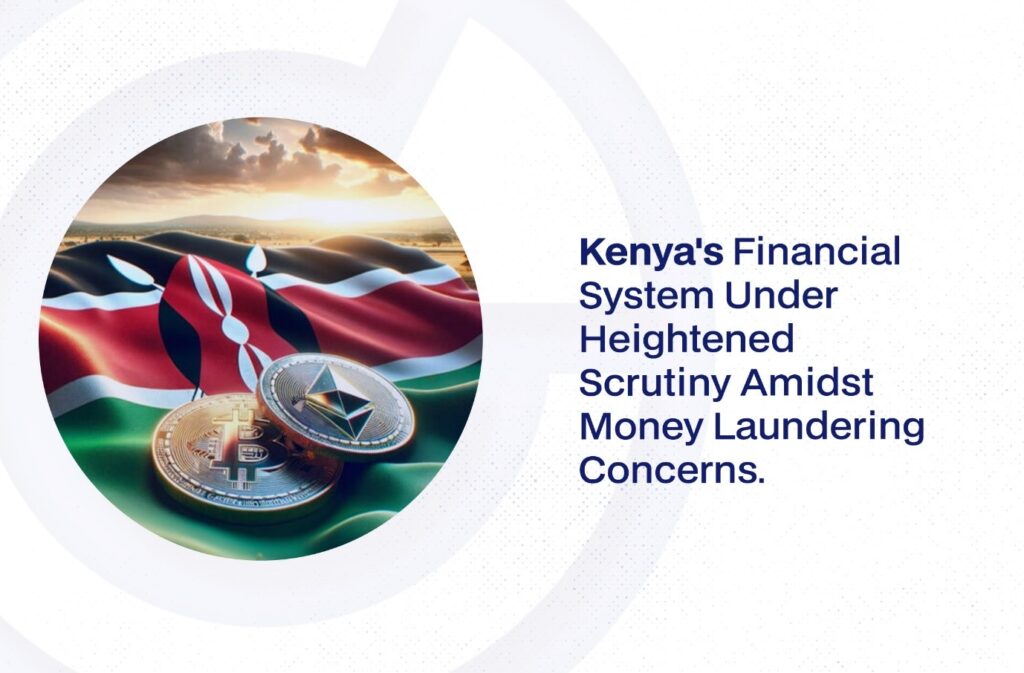
Kenya has been placed on the Financial Action Task Force’s (FATF) list of countries under heightened monitoring for countering money laundering, terrorist financing, and proliferation financing. FATF, an international anti-money laundering watchdog, places countries with deficiencies in tackling these issues under “greylisting”. In February 2024, Kenya agreed to comply with international Anti-Money Laundering, Countering the Financing of Terrorism, and Proliferation of Weapons of Mass Destruction obligations. The nation will work with FATF and the Eastern and Southern Africa Anti-Money Laundering Group (ESAAMLG) to ensure compliance. Kenya will have to undertake several measures, including improving AML/CFT supervision of financial institutions and adopting a legal framework for the licensing and supervision of Virtual Assets service providers (VASPs). Other countries grey-listed by FATF include Bulgaria, Burkina Faso, Cameroon, Democratic Republic of Congo (DRC), and South Africa.
SEC Implements Mandatory Data Security Framework for Market Players, Tightening Grip on Protection.
The Securities and Exchange Commission (SEC) is set to propose a new rule aimed at strengthening cybersecurity practices for all entities it regulates. This new rule will mandate companies, traders, brokers, and asset managers, to adopt a robust cyber resilience framework to safeguard investor data and infrastructure from cyber threats. The proposed framework will require all SEC-regulated entities to establish a cyber resilience framework that aligns with their overall company strategy and is regularly updated in response to evolving threats. Boards and senior management will be responsible for overseeing the cybersecurity efforts and implementing risk management principles. The proposed rule will also require regular internal evaluations and independent audits to verify the effectiveness of the framework. In case of any cyber incidents with significant financial impact or potential investor harm, the SEC must be notified within four days. Finally, companies must also have a recovery plan in place to minimize damage and ensure swift resumption of operations after a cyber incident.
Central Bank of Nigeria Tightens Capital Requirements for Bureau de Change Operators.
The Central Bank of Nigeria (CBN) has taken a significant step to reshape the Bureau De Change (BDC) sector in the country. Under the revised Regulatory and Supervisory Guidelines for Bureau de Change Operations in Nigeria, the CBN has increased the minimum capital requirement for Tier 1 license holders to N2bn, a substantial increase from the previous threshold. Similarly, Tier 2 license holders will be required to maintain a minimum capital of N500 million. The guidelines also introduce stricter operational protocols for BDCs, including the mandatory electronic retrieval of customers’ Bank Verification Number (BVN) or Tax Identification Number (TIN) and adherence to stringent identification requirements for non-resident visitors. While the move is hailed as a bold step in fostering transparency and a vibrant foreign exchange market, experts raise concerns regarding practical implementation and enforcement.
Central Bank of Nigeria also increased Benchmark Interest Rate for the First Time in Eight Months to Tackle Inflation.
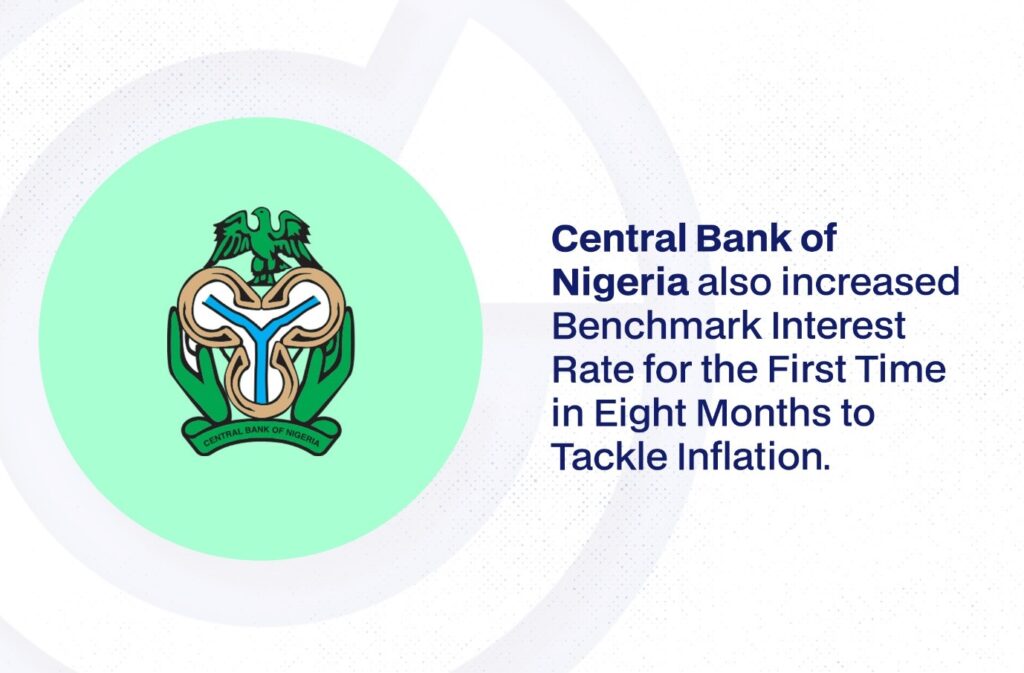
The Central Bank of Nigeria (CBN) has increased the Monetary Policy Rate (MPR) by 400 basis points to 22.75 percent, marking the first hike in eight months. The move comes as the CBN attempts to control inflation, which has been on the rise. Additionally, the CBN also raised the Cash Reserve Ratio (CRR) to 45 percent and retained the Liquidity Ratio at 30 percent. The CBN Governor, Olayemi Cardoso, announced the adoption of an inflation targeting framework to control inflation. However, experts have raised concerns about the immediate effects of the policy, which may lead to an increase in the cost of borrowing and prices of finished products.
South Africa Revenue Service takes legal action against Sasfin Bank for unpaid taxes.
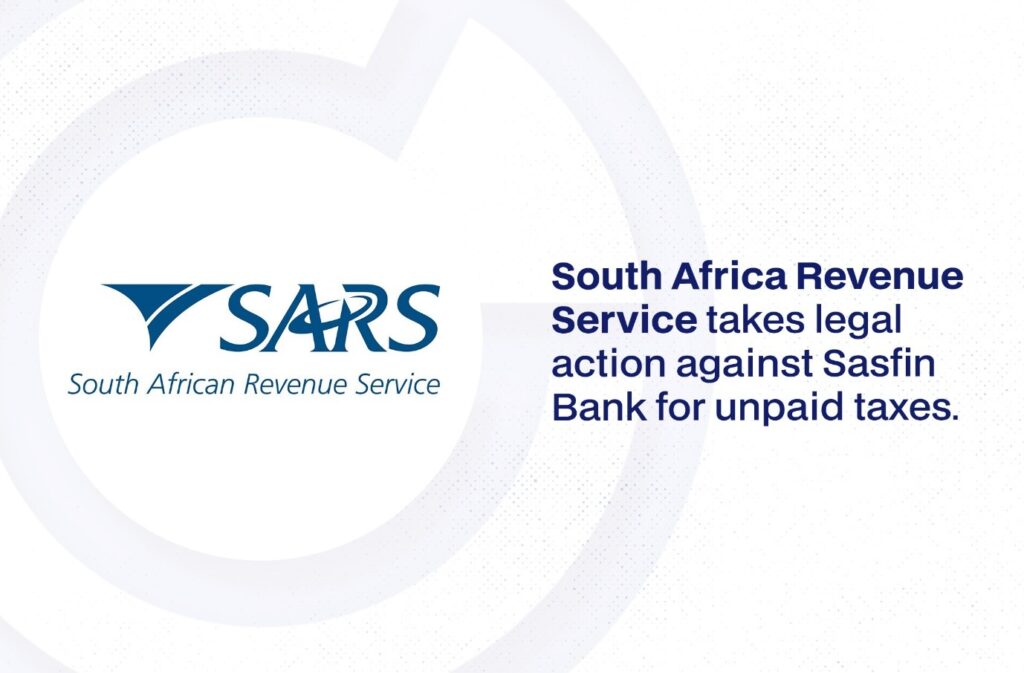
SARS has initiated legal proceedings against Sasfin Bank, alleging its involvement in an unlawful scheme resulting in significant tax evasion. The investigation revealed that taxpayers colluded to move funds offshore in a way that obscured tracing the expatriated payments, potentially jeopardising tax recovery in South Africa. While SARS refrained from commenting on liability and compensation, Sasfin Holdings Limited shareholders were informed of a civil summons served to Sasfin Bank, which amounts to R4,872,327,649.27 plus interest and costs. In response, Sasfin Holdings has defended its position, claiming that the claim lacks merit and is unlikely to succeed.
We hope you found the latest compliance developments informative and useful. We are committed to providing you with the most relevant news.
Stay tuned for more compliance updates by visiting our website, and remember to stay compliant!
Last modified: March 27, 2024
